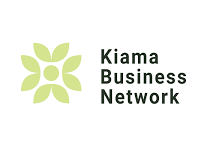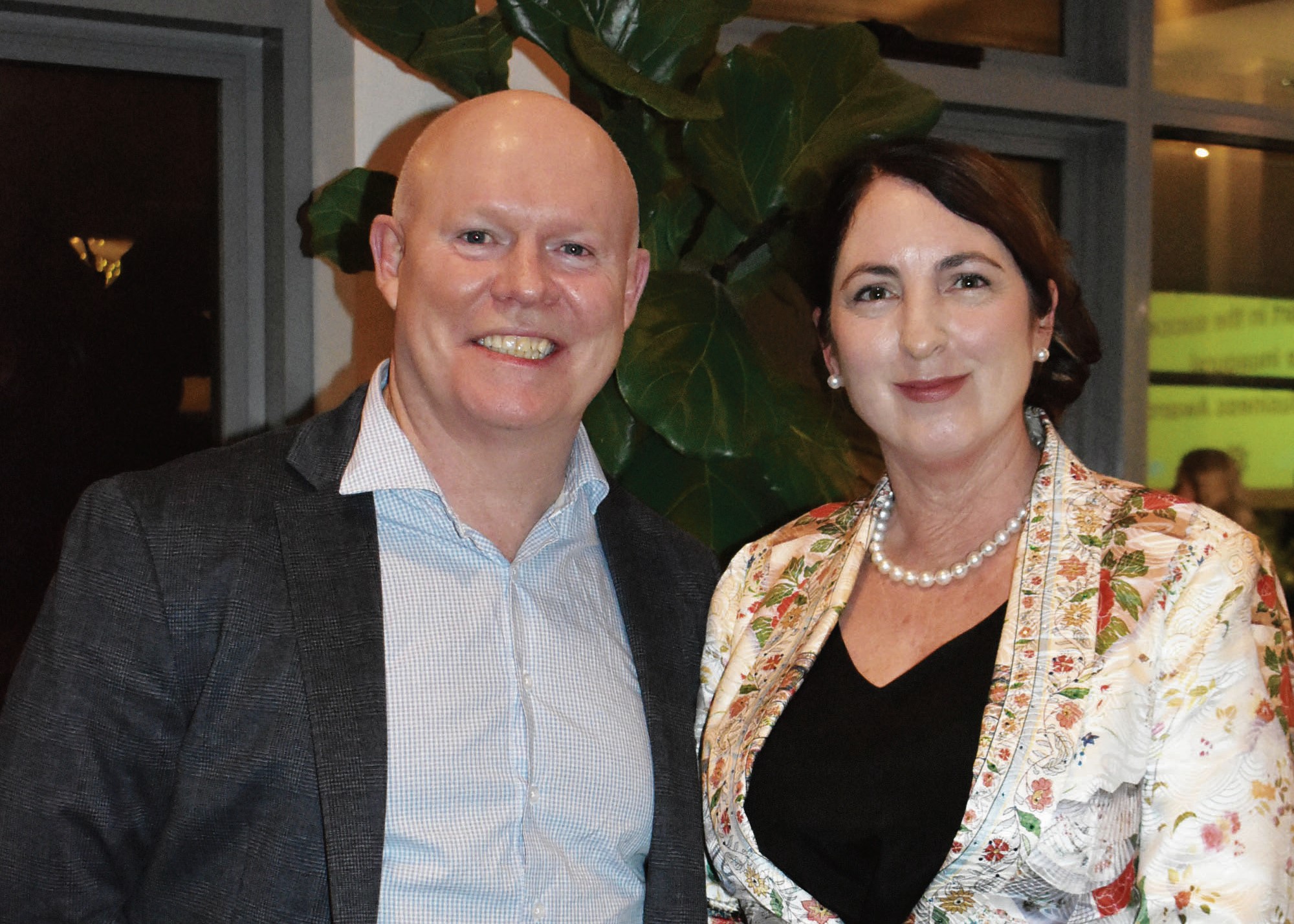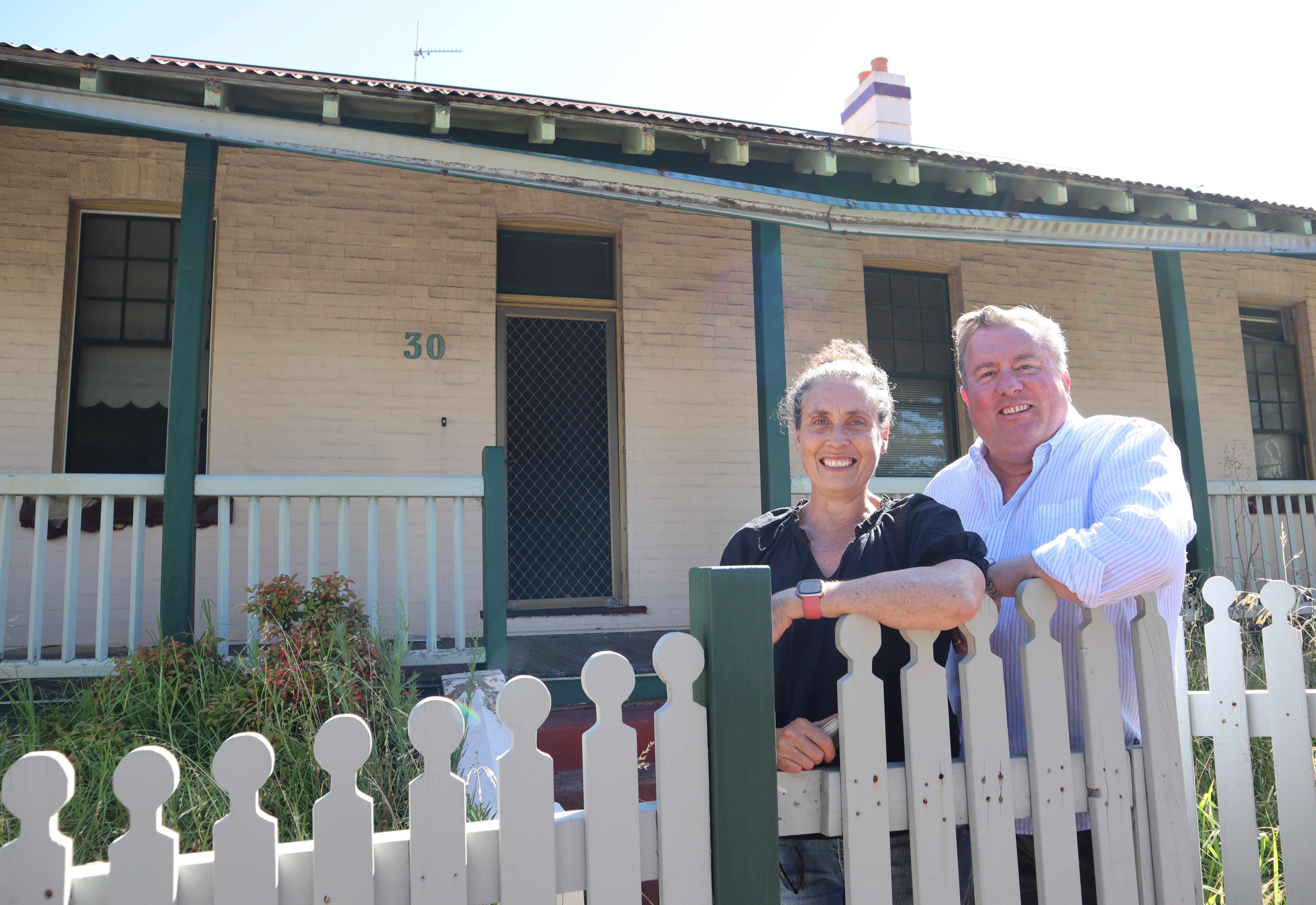KBN urges buy local policy to avoid scammers
Bugle Newsroom
23 November 2025, 7:00 PM

With Black Friday sales and Christmas fast approaching, Kiama Business Network is urging consumers to buy local to avoid rising online shopping scams.
Scamwatch, a national body set up to protect consumers, found Australians have lost nearly $260 million to con artists between January and September, with most financial hits due to online shopping scams.
A report released this week by the Australian Competition and Consumer Commission found shoppers reported $122m in losses to the National Anti-Scam Centre with online content such as fake websites, advertisements, social media, and mobile apps the most common method used by scammers to dupe shoppers.
Kiama Business Network boss Mel Scarr says the best way to avoid scammers is to buy local.
“Our local businesses offer something scammers can’t - real people, real products, and real service you can trust,” she said.
“When you buy local, you’re not just ticking off your Christmas list, you’re supporting our fabulous town and keeping money in our community.”
Financial losses to scammers increased by almost 20 per cent this year according to the ACCC and the watchdog, with these figures expected to spike as Christmas approaches.
Shoppers are being warned to be on the lookout for dodgy deals disguised as genuine offers.
“Scammers love Black Friday sales too because they know shoppers are looking for bargains and they rely on creating urgency and pressure that can come with a busy shopping period,” ACCC deputy chair Catriona Lowe said.
“We remind consumers to take their time, check the legitimacy of websites and its offers, and be cautious about sharing personal or financial information online.
“A few simple checks before making a purchase can make all the difference in avoiding a scam and keeping your money safe.”
According to the Australian Bureau of Statistics, 514,300 people experienced a scam in 2022-23.
Scarr is one of the thousands of Australians who have experienced online fraud first hand and that’s why she will be doing the majority of her Christmas shopping with “businesses I know and trust”.
“Before you click ‘buy now’, check if a local business offers what you’re after,” she added.
“KBN have just rolled out a map of our local food and retail stores to help people buy local and we counted more than 100 retailers in just a handful of streets.
“With so many great options right here, there’s almost certainly a Christmas gift waiting for you locally.”
For those who do buy online the Australian Competition and Consumer Commission has urged consumers to do their due diligence, with scammers increasingly using artificial intelligence to dupe shoppers by mimicking legitimate businesses or creating fake online stores.
The Black Friday and Cyber Monday sales, which originated in the United States for the Thanksgiving holiday, have become increasingly popular in Australia with consumers expected to spend more than $6.5 million from 28 November to 1 December.
The lead-up to Christmas is also one of the busiest periods for Australia Post and the service, along with the Australian Banking Association, has warned consumers to be on alert for fake parcel notifications asking them to share banking information or pay for delivery fees.
The NSW government has created a free online shopping course to help consumers recognise warning signs on shopping websites including prices that are much lower than anywhere else, spelling mistakes and poor grammar, no refund or return policy page and vague or minimal contact information.
The watchdog also reminded online shoppers to protect their social media accounts, with hackers favouring Facebook and Instagram to access victims’ personal information and networks.
Once a social media account has been compromised, Scamwatch says hackers use the site to impersonate the account holder to sell fake goods and access friends’ accounts by requesting one-time codes under false pretences, which “enables a chain of account takeovers”.
NEWS




